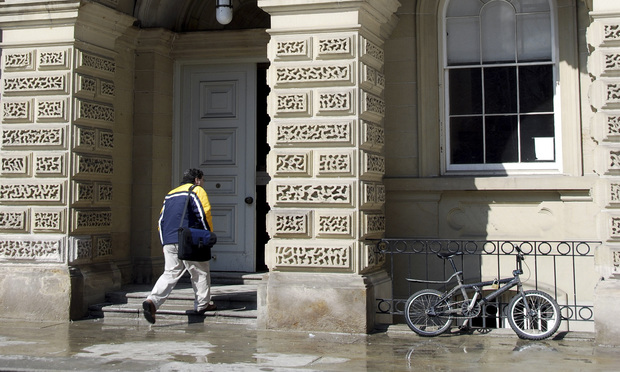The federal law that requires gender equality in higher education, commonly referred to as Title IX, has brought about many laudable results since it was first passed in 1972. But at the behest of the U.S. Department of Education in 2011, the law that was passed to ensure that female students get equal opportunity was refashioned to require that schools investigate and punish sexual assaults on campus under DOE-approved procedures.
In the name of the wholly laudable goal of combating sexual assaults, the DOE placed schools in the precarious position of adjudicating allegedly criminal acts in their discipline systems, with the threat of potentially ruinous sanctions, should the schools’ efforts fall short. Recognizing that at least some accusers have historically been mistreated, the department insisted on changes in how the system was to run, but those changes have gone too far and now undercut fundamental rights of those accused of wrongdoing. For instance, the DOE demanded that colleges apply a “preponderance of the evidence” standard in determining whether a sexual assault complaint has merit, and prohibited both the “clear and convincing” and “beyond a reasonable doubt” thresholds. Further, the department dictated that schools should prohibit the accused from cross-examining the accuser, warning that doing so could create a hostile environment—effectively taking the position that everyone accused is guilty, and that having the temerity to question the accuser would compound the trauma.
This content has been archived. It is available through our partners, LexisNexis® and Bloomberg Law.
To view this content, please continue to their sites.
Not a Lexis Subscriber?
Subscribe Now
Not a Bloomberg Law Subscriber?
Subscribe Now
LexisNexis® and Bloomberg Law are third party online distributors of the broad collection of current and archived versions of ALM's legal news publications. LexisNexis® and Bloomberg Law customers are able to access and use ALM's content, including content from the National Law Journal, The American Lawyer, Legaltech News, The New York Law Journal, and Corporate Counsel, as well as other sources of legal information.
For questions call 1-877-256-2472 or contact us at [email protected]



